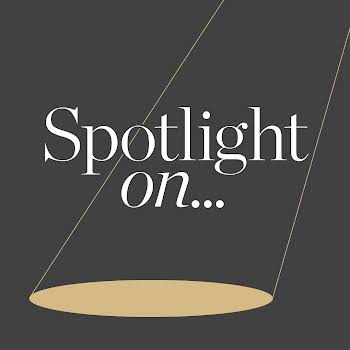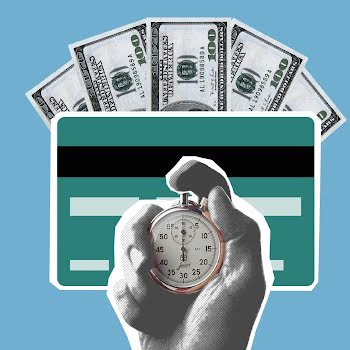
By Colette Sexton
09th Sep 2021
09th Sep 2021
Journalist Colette Sexton on why making a career plan is a good idea, but adapting it is key to establishing job satisfaction
Sheryl Sandberg, chief operating officer of Facebook, has repeatedly advised against making career plans, saying that there are no career ladders anymore, and instead we are all on ‘career jungle gyms’.
In a visit to Stanford Graduate School of Business in 2017, she told students not to make a strict plan for their careers, because “you’re going to miss all the good stuff — all the good stuff hasn’t been invented yet!”
However, Sandra Lawler, founder-director of marketing and digital talent recruitment company Alternatives, disagrees with this. She said there are still classical career paths as well as those that are a great deal less linear and both present their own challenges.
“A classical career path often doesn’t go to plan, for reasons outside your control. Companies get acquired, merged and downsized all the time; managers change. You need to manage that,” Sandra said. “But in this era of unprecedented change more lateral career paths are also emerging and will increasingly become the norm. Some roles we work in now will be obsolete; some roles we will work in haven’t been invented yet. We are living with increased uncertainty, but also increased opportunity.”
Straight or winding path
Whether you are on a “convoluted career path or a straight arrow”, Sandra believes that career planning is still critical, although modern career planning might be slightly different to how career planning was done in the past.
“In the future, we’ll need to focus more on developing the right personal attributes to thrive. We’ll need to be curious and be open to change. We’ll need to follow global trends and know what’s happening in the world. We will need to choose companies who are flexible and will invest in us and we will need to invest personally in ourselves to keep our skills fresh,” Sandra said. As part of this, planning to change roles and sectors might equip us better to succeed in this future, as will be exposing ourselves to more diverse working environments and colleagues.
“All of this may seem like more effort, but it keeps us more engaged, more self-aware, more proactive in renewing skills. And ultimately, it’ll enable a rich and varied journey that is potentially much more personally rewarding,” she said.
When it’s not what you expected
Of course, there are times when you plan your career well, end up in your dream role and it’s not what you expected it to be. Whether you love or hate where you’ve ended up, the role you initially dreamed of is usually never exactly what you expected it to be, according to Sandra.
“Typically, when you get to senior level, it involves more people management and stakeholder influencing than you ever imagined. Some people love that aspect of a role, some don’t,” she said. “If the dream role is actually a nightmare, ask why? It may be the dream job, but the company and cultural fit might not be right. If that’s the case, then plan to move on and do it now. A serious culture mismatch will never resolve itself.”
In some cases, the opposite might be true. You might love the company but the job itself is not what you want. In this case, it is important to assess what part of the role you love, and what parts you do not like.
“Scope the ideal new role from what you love most, identifying where you add the most value, and see if your employer can scope a role that accommodates both you and them. Most companies will make an effort to retain great talent. If that’s not possible, then maybe it’s time to develop an updated career plan and get on your way to finding your dream, mark 2,” she said.
This article was originally published in May 2019






















